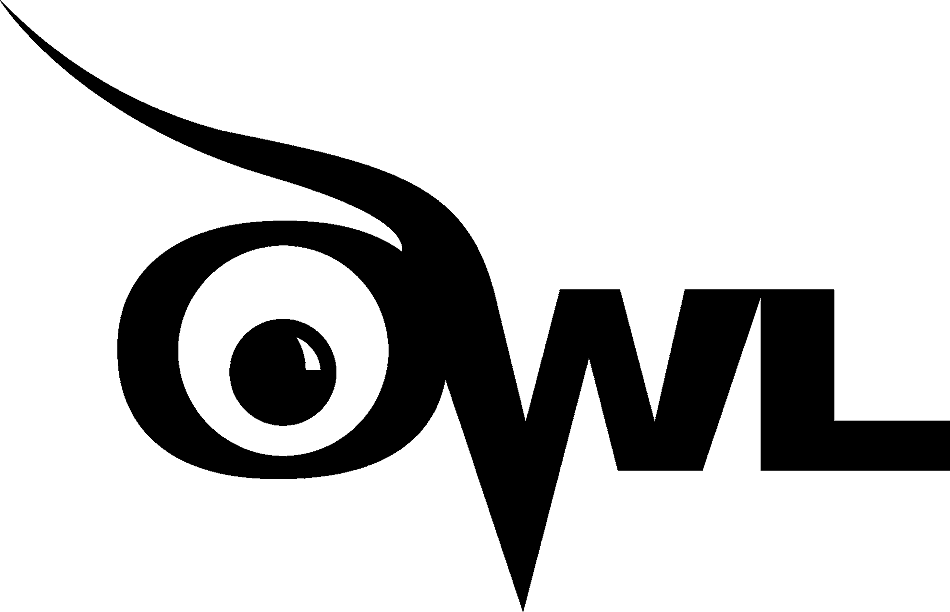OWL Resources for Academic & Scientific Writers
If you have not yet visited the award-winning Purdue Online Writing Lab (OWL) designed by Purdue University and its English Department, you may want to take a look at what it has to offer. You can find the home page at http://bit.ly/1av9vzF and from there search for topics of interest or go straight to the detailed site map at http://bit.ly/1qciAB8 for an extensive list of the many available resources.
The categories and sections on this web site are extremely well organised, with a wide range of topics, both expected and unexpected. Under the ‘General Writing’ category there are sections on ‘The Writing Process,’ ‘Mechanics,’ ‘Grammar,’ ‘Punctuation’ and ‘Academic Writing.’ Individual pages in these sections address formality, jargon, stereotypes and bias, the active and passive voices, transitions, gerunds, infinitives, subject-verb agreement, pronouns, numbers, hyphens and so many other tricky aspects of scholarly writing in English. There is even a section on ‘Visual Rhetoric’ that provides advice on designing your work (text, image, layout etc.) with an eye to visual literacy. A ‘Research and Citation’ category includes sections on ‘Conducting Research’ and ‘Using Research,’ again with numerous individual topics, as well as clear instructions and helpful examples for conforming your writing to three different scholarly styles: those of the American Psychological Association, the Modern Language Association and the Chicago Manual of Style (16th edition). Sections under ‘Subject Specific Writing’ include ‘Professional,’ ‘Technical,’ ‘Literature,’ ‘Social Sciences,’ ‘Engineering,’ ‘Creative,’ ‘Medical,’ ‘Journalism,’ ‘Nursing’ and ‘Veterinary,’ so there is something for pretty well every scholarly author.
The ‘Teacher and Tutor Resources’ category is geared particularly to the teaching of writing skills, but there are plenty of topics that apply to many fields. Sections on ‘Common Writing Assignments’ and both ‘Undergraduate’ and ‘Graduate School Applications’ may prove useful for your students (if not yourself), as may the resources provided for ‘English as a Second Language’ instructors and students. Finally, there is a category dedicated to ‘Job Search Writing’ and a number of language exercises and engagement resources.
All in all, the OWL web site is a place where you (and your students) can find the answer to a specific question very quickly, tackle language problems that have been plaguing you with uncertainty, or get lost for hours learning new things about the various joys and complexities of writing, researching and teaching. It would be nice to see the addition of resources on other styles used in scholarly writing (Vancouver and American Medical Association, for example), but the material is already so thorough and thoughtful that I am not aware of other resources for scholarly writing in English out there on the internet to match it. I would, however, be glad to hear of similarly useful open-access web sites for researchers, writers and educators.
You might be interested in Services offered by Proof-Reading-Service.com
Journal Editing
Journal article editing services
PhD Thesis Editing
PhD thesis editing services
Expert Editing
Expert editing for all papers
Medical Editing
Medical Editing Services
Research Editing
Research paper editing services
Book Editing
Professional book editing services

















